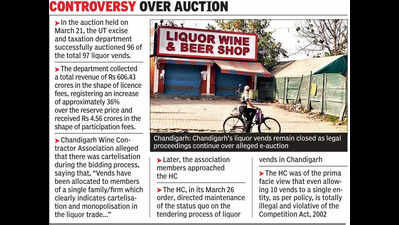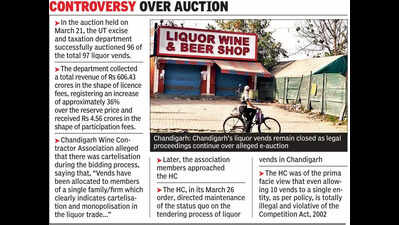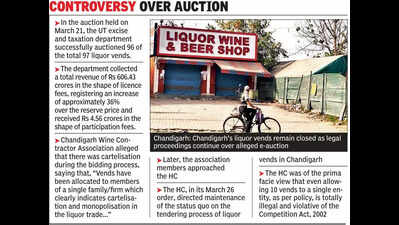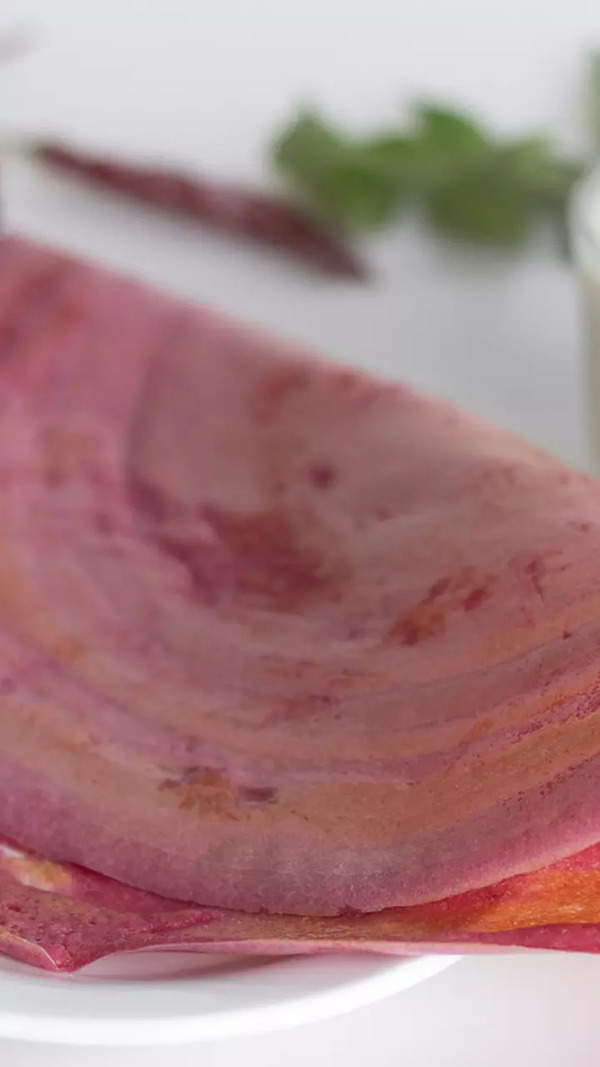- News
- City News
- chandigarh News
- SC vacates HC stay on Chandigarh excise policy
Trending
SC vacates HC stay on Chandigarh excise policy
Chandigarh: The Supreme Court on Tuesday vacated the stay granted by the Punjab and Haryana High Court on the Chandigarh excise policy 2025-2026. Now, the UT administration can proceed with the allotment of the liquor vends auctioned on March 21, and new vendors can open retail vends from April 2.
The Supreme Court held that detailed reasons were not mentioned along with the high court order of March 26 for staying the operation of liquor vends. The apex court directed the HC to decide the matter within 15 days from April 3. However, the high court is at liberty to pass a fresh stay order by giving detailed reasons.
A detailed order of SC was awaited till filing of this report.
The high court, in its March 26 order, directed the maintenance of the status quo on the tendering process of liquor vends in Chandigarh. The parties were directed to maintain the status quo in respect of the liquor vends for the year 2025-26 until the next date of hearing. A division bench comprising Justice Sureshwar Thakur and Justice Vikas Suri passed these orders while hearing a bunch of petitions filed against the allotment of liquor vends, challenging the entire tendering process. They also challenged the allotment of more than 87 vends out of 97 for being allegedly rigged by cartelisation, which is not only against the excise policy of the Chandigarh administration. Under the policy, a restriction was made in clause 14 to the extent of only 10 licensing units to a single entity.
However, the auction process was immediately mired in controversy after the Chandigarh Wine Contractor Association alleged that there was cartelisation during the bidding process. The association alleged, "Vends have been allocated to members of a single family/firm which clearly indicates cartelisation and monopolisation in the liquor trade…Before allotting the liquor vends, the excise department should verify the source of funds of EMD deposits and licence fees." Later, the association members approached the High Court, which ordered status quo.
After hearing the matter, the HC was of the prima facie view that even allowing 10 vends to a single entity, as per policy, is totally illegal and violative of the Competition Act, 2002, and therefore, asked the petitioner to amend the writ petition to challenge the said aspect of the policy. Further, on the assertion of the Chandigarh administration and other advocates representing private parties, the petitioners assured the HC that those petitioners who have existing licences shall not operate their liquor business in their respective vends beyond March 31. The bench, after hearing the matter at length, granted a status quo order till April 3.
MSID:: 119877081 413 |
End of Article
FOLLOW US ON SOCIAL MEDIA












